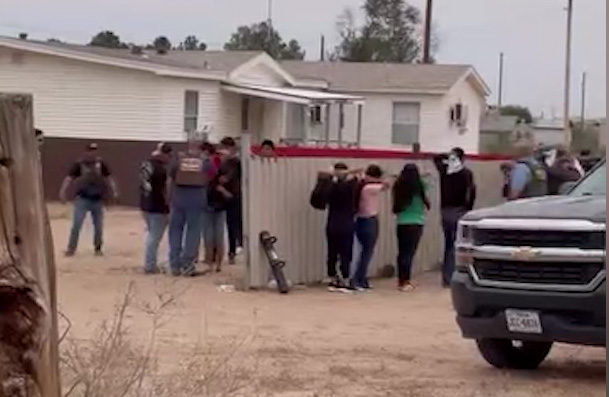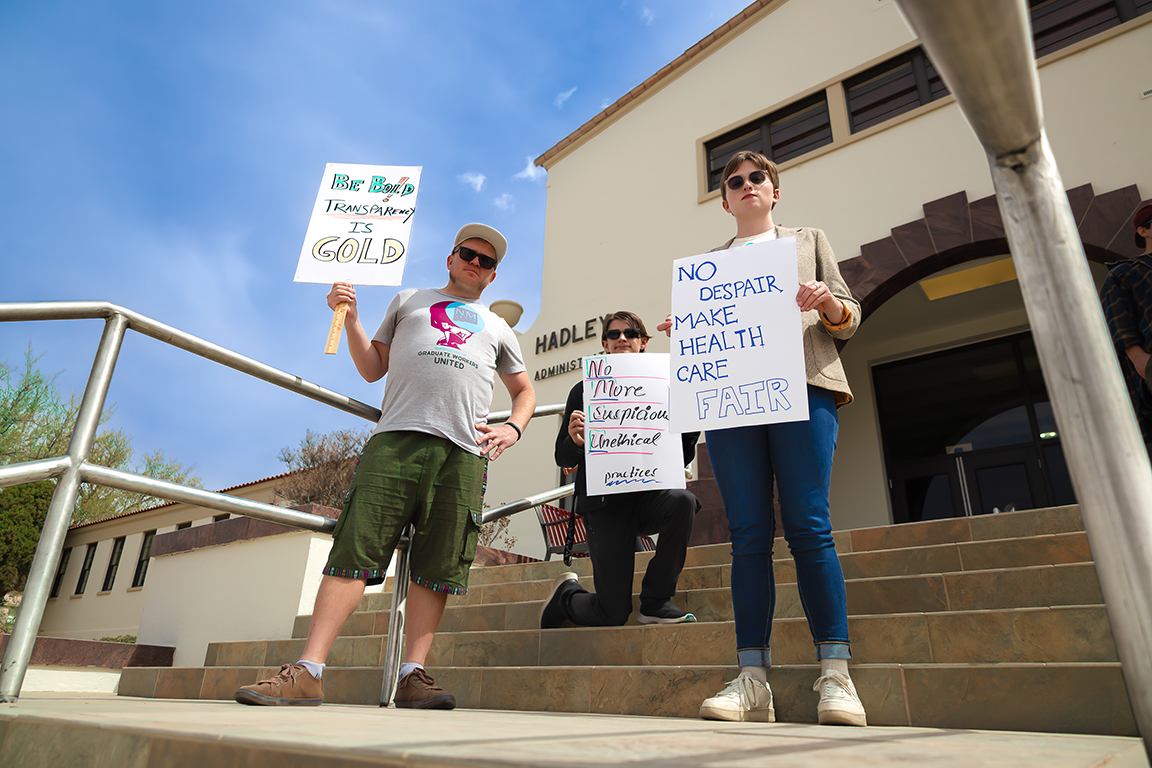On Thursday, Oct. 16, New Mexico State University President Valerio Ferme sent an email to the campus community discussing a set of commitments the Secretary of Education invited all U.S. universities to sign in exchange for federal funding. Ferme asked students to fill out an anonymous survey expressing their thoughts and said their responses will inform how the NMSU administration responds to the compact.
On Oct. 1, the Secretary of Education sent the “Compact for Academic Excellence in Higher Education” to nine universities, both public and private. The deadline for the original nine universities was Monday, Oct. 20. As of Oct. 22, seven have rejected the compact.
On Oct. 13, President Trump extended the compact to all U.S. universities, including NMSU.
The compact lists requirements signatories would have to follow in order to receive federal funding. These include, among other commitments:
- Banning affirmative action in admissions and hiring.
- Limiting definitions of gender to those based on “reproductive function and biological processes.”
- Banning groups that “purposefully punish, belittle, and even spark violence against conservative ideas.”
- Committing to using “lawful force” to stop discourse deemed uncivil.
- Limiting what university employees and representatives can say about social and political issues.
- Reducing administrative costs.
- Limiting admission to international students.
The compact prohibits discrimination but allows for religious or single-sex institutions to maintain preferences in admissions and hiring, and encourages universities to “maintain preferences in admissions for American citizens.” It requires the signing universities to conduct an annual poll to ensure the compact’s policies are being enforced.
Although signing the compact is voluntary, the Trump administration has threatened to cut federal funding to universities that choose not to sign. In a statement released to Politico, White House spokesperson Liz Huston said universities that don’t sign could lose funding.
“Any higher education institution unwilling to assume accountability and confront these overdue and necessary reforms will find itself without future government and taxpayers’ support,” Huston said.
In his email, Ferme said some ideas in the compact were already being implemented at NMSU, such as lowering tuition. Meanwhile, he said, other aspects are a threat to higher education. Ferme reminded the NMSU community that the First Amendment protects academic freedom and said he would continue to protect that right.
“Anything that curtails this ability and right in exchange for other gains needs to be rejected, regardless of how much we might like other requests in the Compact,” Ferme said.
To speak about the compact, students can answer the survey Ferme sent to the campus community.







